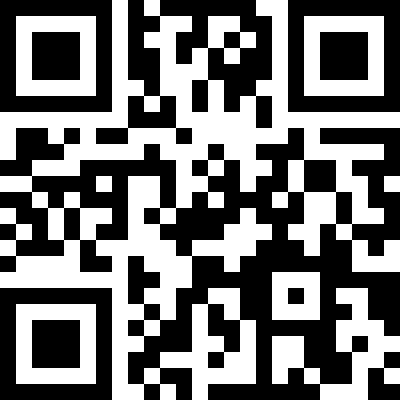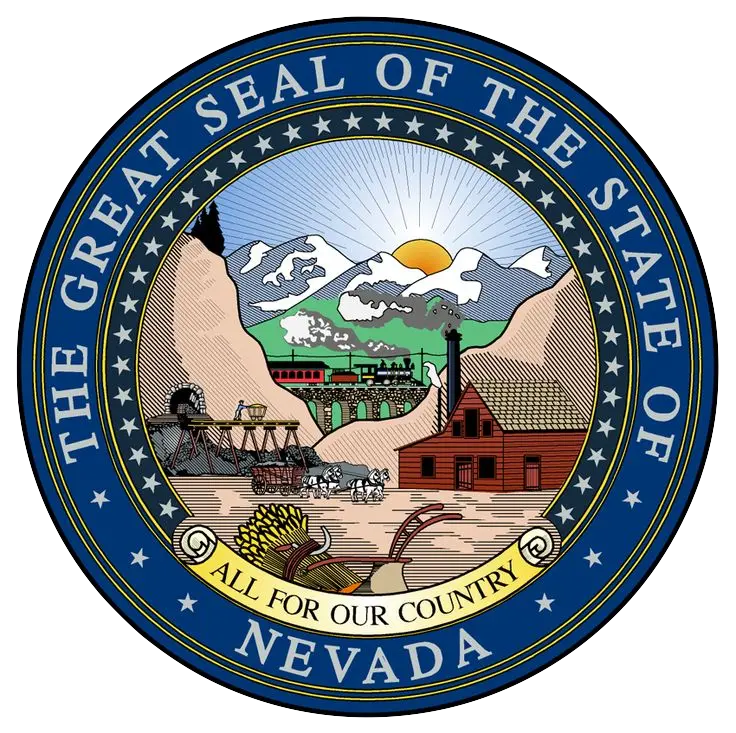What is Nevada Health Link?
The Nevada Health Link website was created by the state agency, the Silver State Health Insurance Exchange to help you find an affordable health insurance plan that fits your needs and budget. Through Nevada Health Link individuals can shop for, compare, and purchase qualified health insurance plans with tax credits or subsidies based on income, location, and family size.
Nevada Health Link connects individuals to a variety of insurance plans from different health insurance companies, as well as offers tools and resources to help you choose the plan that’s right for you. Nevada Health Link is the only health insurance resource in Nevada that can provide you with federal tax credits and subsidies to help cover the cost of your insurance.
What is a Special Enrollment Period?
If you have experienced a Qualifying Life Event (QLE), you can enroll in a health plan through Nevada Health Link even outside the open enrollment period (Nov. 1 – Jan. 15). Currently, enrolled members who have experienced life changes can make changes to their health insurance or choose a new plan. This is known as a Special Enrollment period (SEP).
More Savings for More Nevadans!
Starting in 2026, Nevada Health Link is excited to offer Battle Born State Plans (BBSPs)! These plans include the same benefits and meet the same rules as other health plans on the Marketplace. The big difference is that BBSPs are designed to lower monthly costs, making health insurance more affordable for Nevadans. You can start shopping for these plans on October 1, 2025.
Stories from Real Nevadans
Like you, Matt and Jess had a reason to enroll. Get covered today and have peace of mind knowing all about your healthcare coverage including the 10 essential health benefits included in a Nevada Health Plan.

Get Help Enrolling

Self Enrollment
Stay in the Know with Nevada Health Link
Scan the QR code or text "LINK" to 800-547-2927 to receive important and reliable updates from the state's official health insurance marketplace.



















